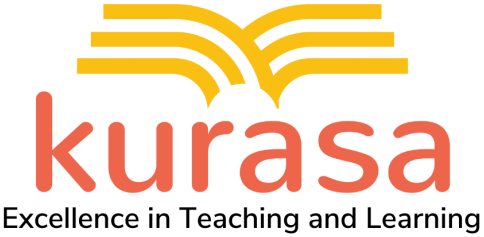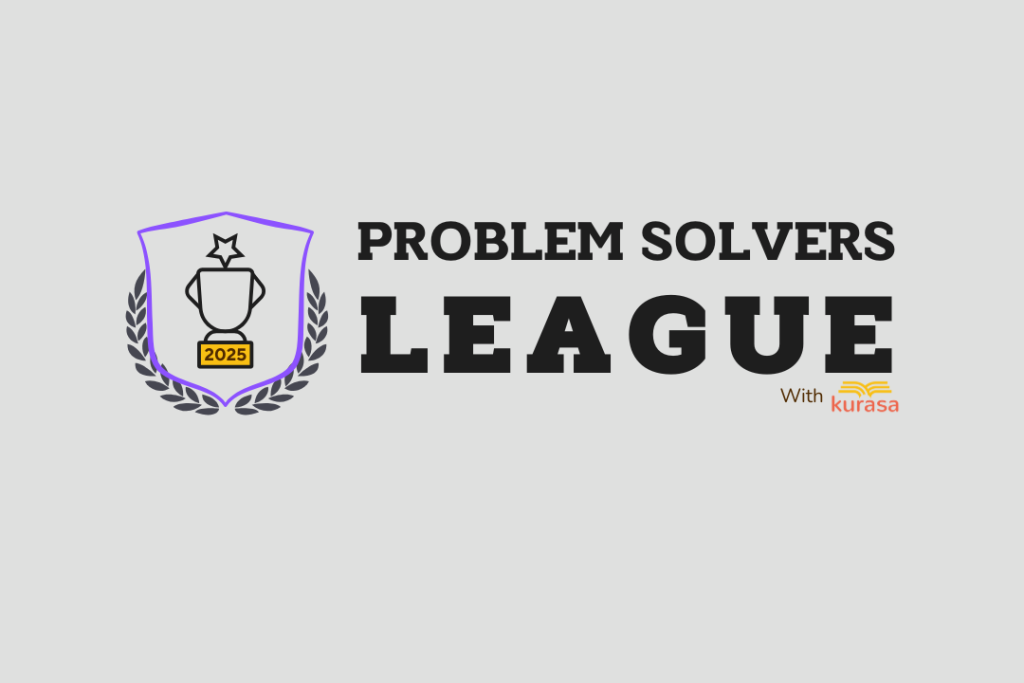The National Youth Service (NYS) was first established in Kenya in 1966. This was after Tom Mboya, the then-famous politician came into the knowledge of the program from Israel and found it fit for Kenyan Youth. Initially, the program was supposed to make the young people of Kenya develop a source of pride for the nation and be readily available for national work programs. It was also meant to unite the Kenyan tribes using disciplined youth organizations. They were supposed to offer voluntary services in conjunction with the government of the day.
According to different sources, the NYS program was so successful and highly admired by all, that a German organization called Signal Vertag Hans Frevert, sought the Kenyan Government to understand how the model works. But, as with many programs in our country, the NYS program fell into the politicization trap and kept failing from its core mandate. The entity remained and Over the years, other players came in to revive the program though it kept suffering from inefficient funding all through the years. It is until 2013 that former President Uhuru Kenyatta took it over. He began by funding the institution and restructured it into a standalone institution for youth empowerment. In 2018, then-President Uhuru initiated reforms at NYS that were aimed at dealing with endemic integrity problems, building capacity, and professionalizing the organization as it was lacking human resource capacity to manage huge budgets and technical capacity to carry out the projects it aimed to do. So far, NYS is said to have over 14 institutions strategically placed to offer different skills to young people.
And now enters Community Service Learning in CBC, where learners get involved in activities that solve community and societal issues, and in the process, the learners gain social skills, analytical abilities, ethical responsibility, and more. Further, the Presidential Working Party on Education Reforms (PWPER) has recently recommended a Mandatory Community Service program after completion of both Senior School and tertiary education before entering the workforce. The program is meant to inculcate nationalism, ethical efficacy, peaceful coexistence, appreciation of diverse cultures, and cohesion among our youth and the society at large. Make the young people feel they are stakeholders in their own Country. Ministry of Education has been tasked with guiding the country in policy development and eventual implementation of the program. As seen from the definitions, there is an absolute resemblance between what was meant to be achieved in NYS and what Mandatory Community Service (MSC) will be expected to achieve for the Country and its future.
In countries where this model has worked, though mostly known as volunteerism, it has been hailed as a tactile pillar, strengthening national culture, democracy, and civic engagement, and as a source of social capital for governments across the world. The young people have built safer communities for themselves and those around them through different activities, they have ignited change through new and diverse perspectives they induce into issues hence revolutionizing how things are done, they have also fostered thriving networks and lifelong engagement that go a long way to illuminate their career paths.
In relation to this, it will be quite interesting to see how this program will be structured over the years and whether its administration and overall impact and that of NYS will converge at some point. Whereas NYS is open for anyone to join, and has the militarization aspect, as long as they fit in the age bracket spelled out, MCS will be for the graduates and a carry-on from Community Service Learning in CBC. Ours is to wait and see, and engage, if needed.

